Refine
Date Range Clear
Recorded by Clear
Keywords Clear
Partnerships Clear
- No matching terms.
Organizations Clear
Places Clear
Languages Clear
Initiatives Clear
- No matching terms.
Dr. Claire Parkinson, senior scientist at NASA's Goddard Space Flight Center since 1978, discusses using satellite data to monitor sea ice in the Arctic and Antarctic and serving as project scientist for the NASA satellite Aqua, which makes measurements of...
Jack Kaye, associate director for research at NASA's Earth Science Division, discuss his origins as a chemist and earth scientist, and how he was recruited to Goddard to be a chemist among meteorologists. "My boss would advertise me as his...
Putting up tall PVC pipes with pointy sensors to measure electrical fields in an approaching lightning storm may seem reckless, but it’s all part of the job for Timothy Lang. The NASA research scientist spends a lot of time in...
Clouds are among the most unpredictable components of climate models. But Norman Loeb is working hard to sort out the shape of cloud patterns in order to improve the accuracy of long-term weather predictions. As far as understanding how all...
When it comes to data archiving, Michele Thornton has you covered. As a Geospatial Data Professional for ORNL-DAAC, Michele ensures that NASA funded research is accessible not only to researchers out in the field but to a larger user community...
Gael Cascioli is a planetary scientist at NASA’s Goddard Space Flight Center where he focuses on planetary geodesy — the measuring of the gravity field and shape of a planet — and is working on the upcoming VERITAS mission which,...
Hi everyone! This video below is a zoom recording from an interview a peer and I conducted for a college philosophy project. We used several philosophical theories based on morality in this interview. The person we interviewed is a great...
Elizabeth Rampe, a mineralogist, studying Mars at the NASA Johnson Space Center, shares about her life and work. She focuses on minerals on the surface of Mars which formed from water-rock interactions, which have the potential to show billions of...
As the Deputy Program Manager for NASA’s Radioisotope Power Systems Program at Glenn Research Center, Concha Reid leads a team overseeing and monitoring devices that heat and give power to NASA space projects, such as the recent Orion spacecraft for...
Michele Koppes and Heidi Roop met “on an incredible landscape on the edge of the Greenland ice sheet about two years ago.” The conversation that followed made both of them think more closely about the value of science communication and...
Anita Dey is the strategic partnerships manager of outreach and engagement for NASA’s Science Mission Directorate and co-chair of NASA headquarters' Asian American and Pacific Islander Employee Resource Group. Anita spends her days working with underserved communities and using the...
Thomas Wagner, NASA's Program Scientist for the cryosphere, discusses how his life has developed to study the Arctic and Antarctic. Even though as a student he initially found himself bored by studying glaciology, he soon discovered a passion for polar...
Although she works as a specialist in space biology, Dr. Sharmila Bhattacharya says communication is key when it comes to driving change with your work and advancing your career. Learn more about how she got her start in science, from...
Jacob Bleacher has spent a great deal of time preparing for Mars and the moon, even though he has never left the Earth’s orbit. The research scientist at Goddard Space Flight Center is currently on detail at NASA Headquarters as...
Giovanni Fazio is a senior physicist at the Center for Astrophysics Harvard-Smithsonian. In his decades-spanning career, he has been instrumental in several observational programs, from his work studying gamma rays using balloon-borne telescopes to his time as the Principal Investigator...
Michael Meyer, NASA's Chief Scientist for the Mars Exploration Program, talks about his life and work in science. As a teenager working as a deckhand on a treasure diving boat in Florida, he was hired to replace some fired divers...
Hal Maring once risked his life for a box of fog. The physical scientist at NASA Headquarters was once on a New Zealand research cruise in the Tasman Sea when the vessel hit bad weather. They took down some of...
Glenn Orton, a senior research scientist at the Jet Propulsion Laboratory, discusses his career exploring the outer Solar System that started with the Pioneer 10 and 11 missions, and extended forward to Cassini and more recently Juno. Interested in space...
Just a few short months ago, Nicola Fox took over as Director of NASA’s Heliophysics Lab. She’d been prepping for the role a lifetime, however, recounting how she started her scientific career when she was eight months old, thanks to...
Priya Ghosh is an astrophysicist, nuclear engineer, and a postdoctoral researcher at NASA Goddard Space Flight Center. There she builds and develops radiation detectors to detect neutrons and gamma rays, and also studies and analyzes cosmic ray data to better...
Amber Soja’s career is on fire. The resident at NASA’s Langley Research Center studies fire regimes and how they are being affected by climate change. “Every fire season is worse,” she says, adding that the changing fire regime is proof...
Shelby Hurst grew up in northern Michigan where she spent plenty of time poking at and asking questions about the rocks in her grandparents’ backyard, which eventually led her to a PhD in geochemistry. She discusses the importance of women...
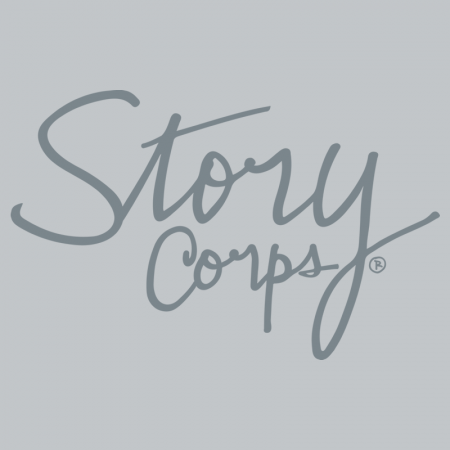




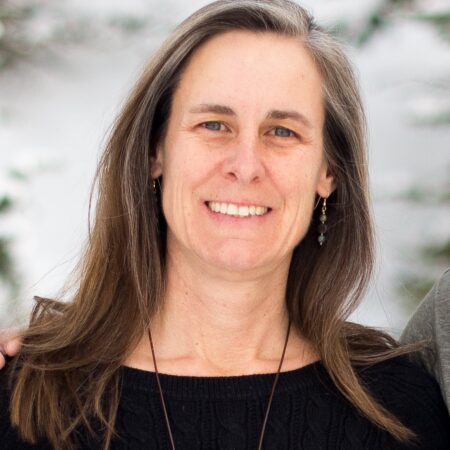



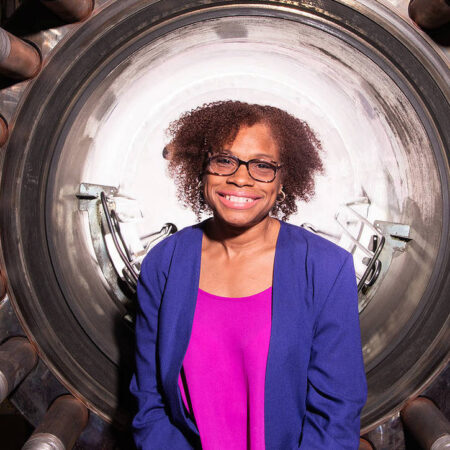
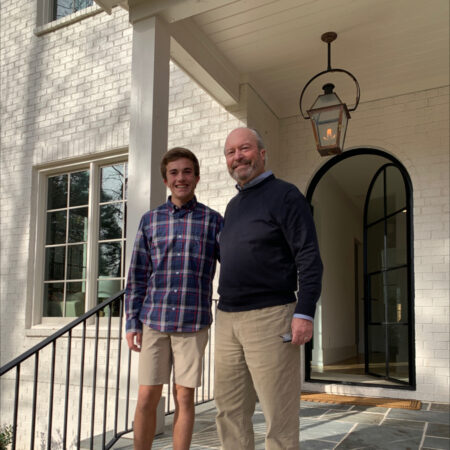
![“How is it that we collect stories [and] create spaces for those stories to be told?” An interview with Michele Koppes and Heidi Roop](https://archive.storycorps.org/uploads/2019/07/181212_Koppes-and-Roop_Booth-450x450.jpg)
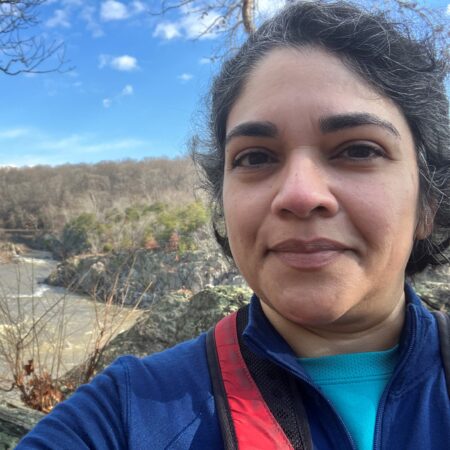
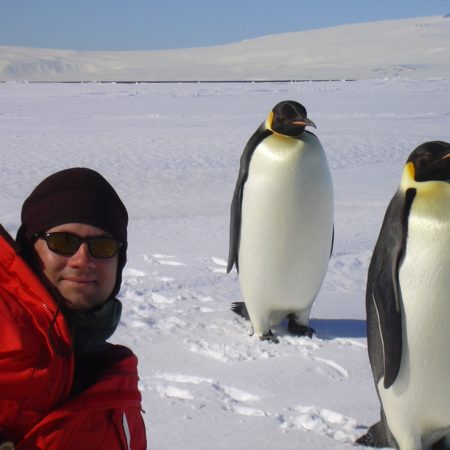
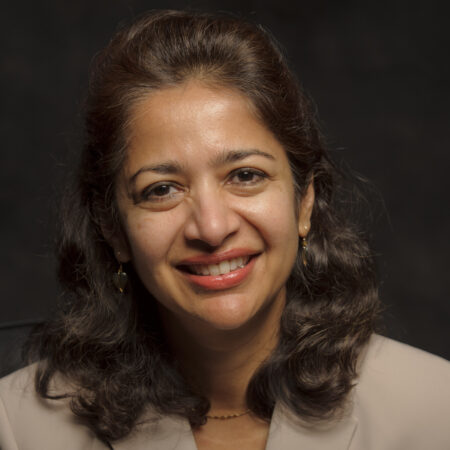
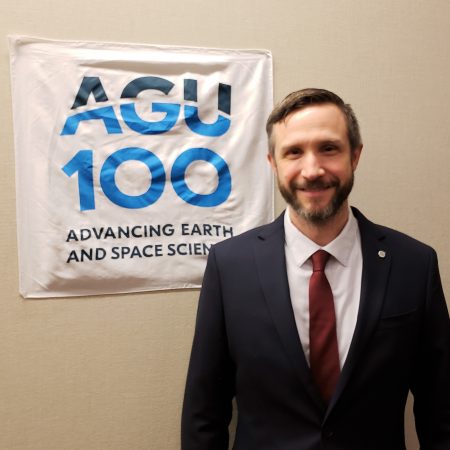
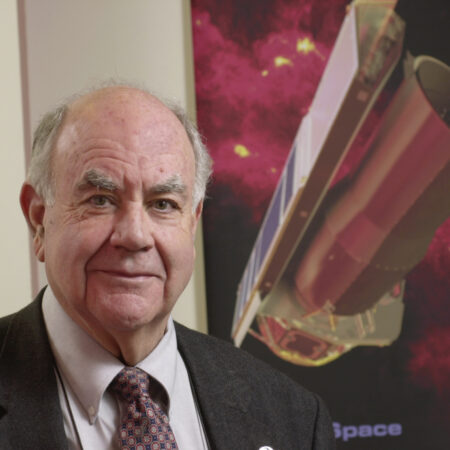
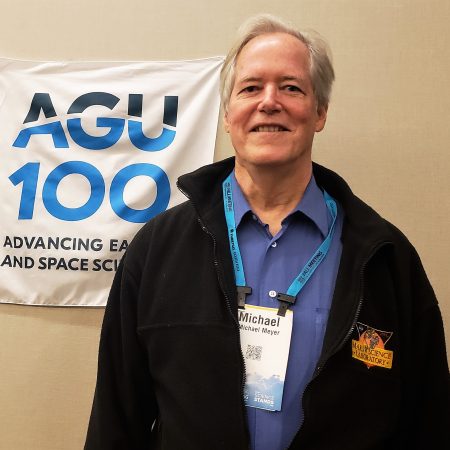
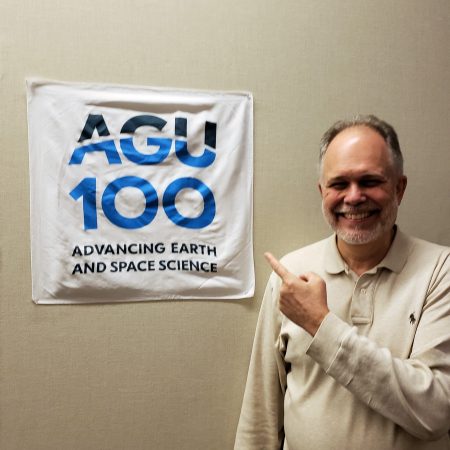

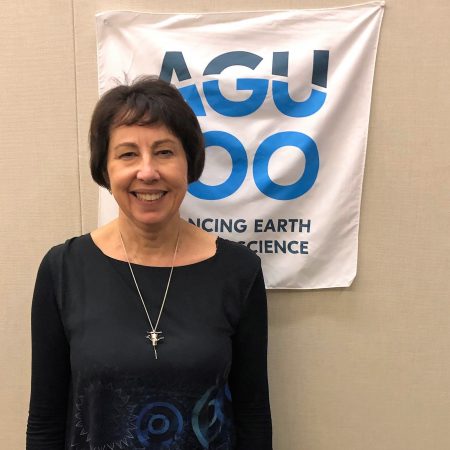
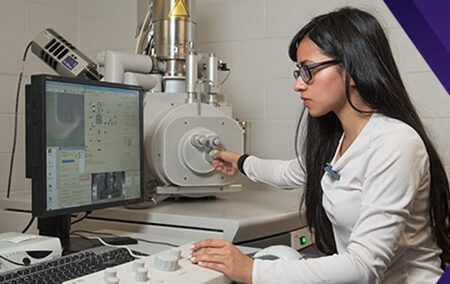

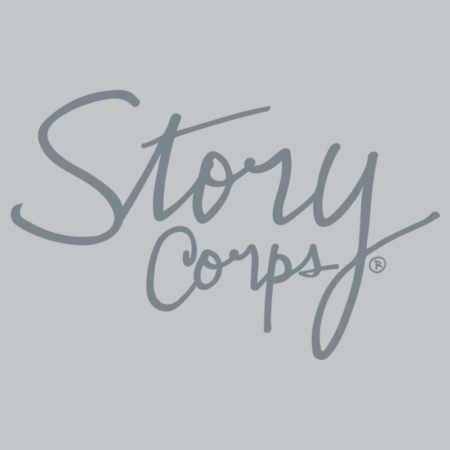
![“I enjoy knowing that a lot of people do care about [the climate] and they care to learn about it.” an interview with Shelby Hurst](https://archive.storycorps.org/uploads/2019/07/Shelby-Hurst-crop-450x450.png)